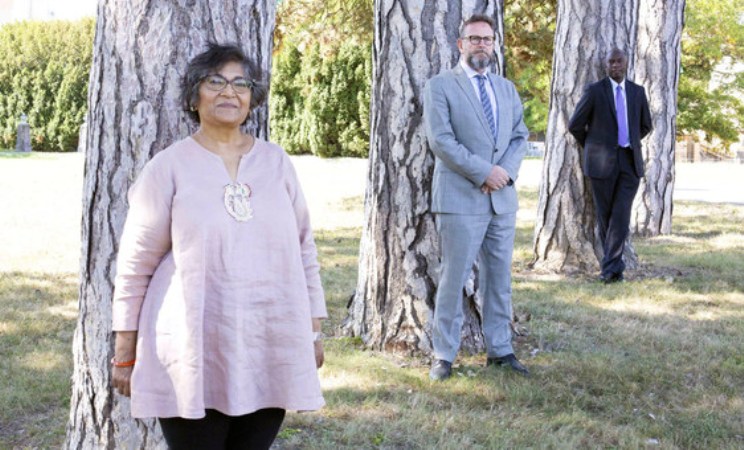Permanent constitution will address South Sudan’s conflict: UN experts
March 19, 2022 (NEW YORK/JUBA) – Constitution-making offers a critical tool for addressing root causes of persistent conflict and insecurity in South Sudan, a United Nations Commission on Human Rights official said Friday.
Yasmin Sooka, who heads the UN Commission on Human Rights in South Sudan, made the remarks at a session of the UN Human Rights Council.
“Done well, it can provide an agreed basis for an improved political system where conflict can be better resolved without resort to violence. Handled poorly, this may embed existing grievances and sow the seeds of future conflict”, explained Sooka.
The South African human rights lawyer called for the full implementation of the September 2018 peace agreement and a unified army in South Sudan.
According to Sooka, the timetables and sequencing for constitution-making and national elections remain unclear despite the transitional period being scheduled to end next February 2023.
“This lack of clarity leaves unanswered the bigger question of what kind of system that people will be voting for if the core elements of a constitution are not yet agreed,” she noted.
The chair of the UN Commission on Human Rights in South Sudan said both constitution-making and elections require considerable legal, institutional, security and logistical arrangements which are still unestablished.
“Beyond these key legal and procedural considerations, it is critical to recognize the risks of further polarization and political violence around elections, particularly when insufficient groundwork has been laid for the process,” stressed Sooka.
She added, “The consequences of a rushed poll, within a contested political system, and without requisite security and democratic conditions in place, could indeed be disastrous”.
The Human Rights Council, which is sitting until April 1, will decide whether to renew the mandate of the commission, established in March 2016, for another year.
Sooka said that the conflict that arose about 10 years after South Sudan’s 2011 independence had left 8.9 million people in need – with more than 1.4 million children and 483,000 women suffering malnutrition.
She cited the International Rescue Committee’s (IRC) estimated 1.7 million people in South Sudan who are battling emergency hunger levels across 35 counties.
“While the international community made $10million available to South Sudan to address the humanitarian crisis, and 80,000 bags of rice for distribution to those affected by the floods, sadly the money and the rice intended for those most at risk were looted by predatory political elites,” Sooka told the Council on Friday.
The commissioner expressed concerns that some key areas of the revitalized peace agreement signed in 2018 remain unimplemented.
“Unless the Revitalized Agreement is fully implemented with the support and accompaniment of the African Union, the United Nations, regional and international partners and guarantors of the peace process, the aspirations of South Sudan’s people for sustainable peace will remain unfulfilled,” she observed.
The UN Security Council has already extended the mandate its peacekeeping mission in South Sudan (UNMISS) for an additional one year.
(ST)

